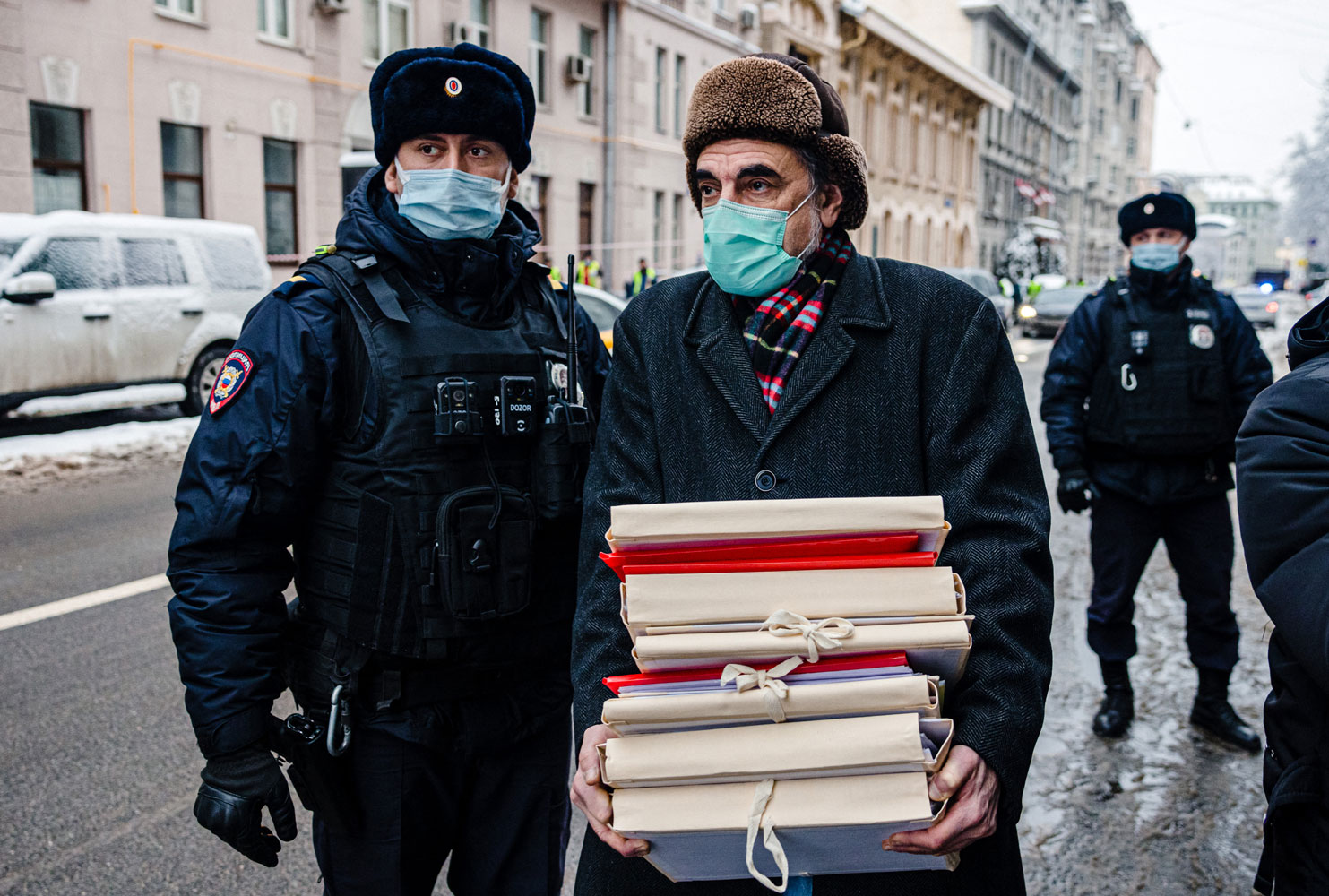It was Russia that effectively fired the starting pistol for the current wave of restrictive foreign agents laws, creating a template several other authoritarian states would soon adopt. Vladimir Putin’s government introduced it in direct response to mass protests following his return to the presidency in May 2012 as part of a broader plan to suppress domestic opposition.
Passed in July and in force since November 2012, the law amended existing legislation to require any CSO engaging in vaguely defined political activity that receives foreign funding to register as a foreign agent. While ostensibly framed as an anti-terror and transparency measure, the law has been used to devastating effect, enabling authorities to harass, fine and shut down CSOs for their legitimate public interest work and helping fuel a climate of fear among activists and organisations.
Over the next decade, the Russian government repeatedly expanded its crackdown through numerous amendments to various laws. In 2017, amendments to the Mass Media Act extended the foreign agents label to media outlets. In 2019 and 2020, further amendments expanded the designation to include journalists and any individual engaged in political activity. In 2022, following the full-scale invasion of Ukraine, new legislation repealed and replaced all previous amendments, introducing the harshest restrictions yet. Now no foreign money need be involved: any entity or person deemed to be subject to foreign influence is forced to register under severe penalties for noncompliance and essentially shut out from public life. Foreign agents are banned from working in the civil service and education institutions, participating in or donating to election campaigns and organising public assemblies, among other discriminatory restrictions.
Although the Russian government has repeatedly defended its law with reference to the USA’s FARA, it differs in several key respects. While FARA requires specific evidence that someone is acting under foreign control, the Russian law equates any level of foreign support, however minimal, with foreign control. FARA primarily targets professional lobbyists and political consultants working for foreign governments, while Russia’s law applies broadly to CSOs, journalists, media outlets and private individuals.
Organisations designated as foreign agents face severe administrative burdens, including mandatory audits, detailed reporting requirements and compulsory labelling of all materials and communications with the stigmatising designation. In Russia the foreign agent label carries particularly damaging weight: due to Soviet-era associations, it is synonymous with ‘foreign spy’. By 2016, at least 30 groups had chosen to shut down rather than accept the designation.
The law has targeted organisations working in areas including academic research, anti-corruption, environmental protection, HIV prevention and human rights. Thousands have suffered its impacts.
The European Court of Human Rights has categorically condemned Russia’s foreign agents legislation. In June 2022, in the case of Ecodefence and Others v. Russia, it examined the initial law and its application, finding it violated rights to freedom of association and expression protected under the European Convention on Human Rights. The court determined that singling out foreign-funded organisations is discriminatory and the stigma associated with the foreign agents label is aimed at dissuading organisations from using foreign funds, which represents a violation of freedom of association because access to funding is a component part of that freedom. The court also found that the fact CSOs are funded by non-national entities does not jeopardise a state’s economic and security interests, meaning additional restrictions on them do not meet the proportionality requirement. In another ruling in October 2024, the court examined subsequent amendments including the 2022 overhaul, concluding their purpose was to intimidate and punish civil society rather than address any alleged transparency needs or national security concerns. These decisions established international legal standards and provided precedents for challenging similar legislation worldwide.
